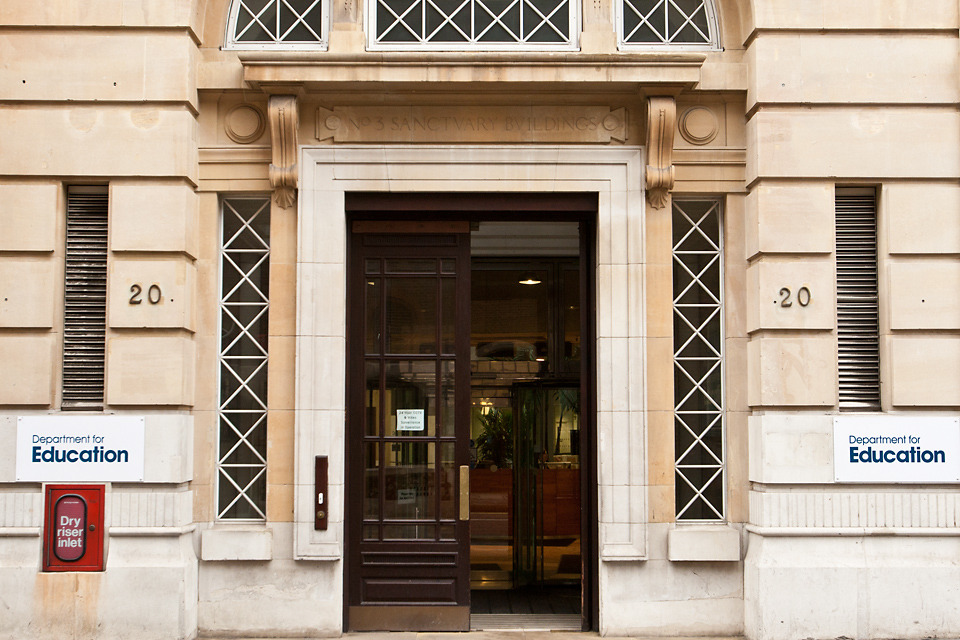While its big-ticket programmes require significant extra funding, the tax agency at least expects to save £28m a year after finally switching off the outgoing customs IT system, PublicTechnology reveals
After more than 30 years in operation, HM Revenue and Customs has completed the decommissioning process of the CHIEF customs platform, PublicTechnology can reveal.
However, the final months of work to shut down the outgoing system and complete the switch to the new Customs Declaration Service (CDS) brought tens of millions of pounds of extra costs – which contributed to an overall rise of about a £1bn last year in the funding needed to deliver the department’s suite of major projects.
Planning work for CDS began back in 2013, with all import and export declarations originally scheduled to move to the new platform by early 2019. After numerous delays – and massive increases in the project’s cost and complexity caused by the UK’s departure from the European Union – this was finally achieved in June last year.
Having done so, in the second half of 2024 the department worked towards fully decommissioning CHIEF – which stands for Customs Handling of Import and Export Freight – after 31 years in operation. This work has been led via HMRC’s Single Customs Platform programme, which forms part of the government major projects portfolio (GMPP).
PublicTechnology understands that the process of safely shutting down the outgoing IT platform – and all systems connected to it – has now been completed. HMRC expects that shutting off the ageing tech service will save a total of £28m a year in maintenance costs, it is understood.
These savings come after the costs of the Single Customs Platform programme rose significantly last year, recently released government major projects data reveals.
As of March 2024, expected total spending on delivering the scheme stood at £309m – a rise of £66m, or 27%, compared with the prior-year estimation.
Transparency data released by HMRC explains the cost rise: “A stakeholder review on the customer journey has resulted in a major increase in the amount of IT changes needed for the CDS to ensure full functionality, and to enable exports migration and decommissioning of the old CHIEF system. There has also been cost increases due to inflation.”
The rise forms part of an annual increase of costs adding up to £1.06bn across seven HMRC major projects – just over half of the 13 transformation and ICT programmes in the department’s GMPP folder as of 2023/24. This includes:
- A £110m cost increase for the Northern Ireland Programme
This was, again, related to the complexities of CDS, according to transparency data: “The full lifecycle cost increase is predominantly due to a change in how overhead and non-functional costs are apportioned for projects that are making changes to the Customs Declaration Service. It also includes the additional of costs to deliver new scope requirements, since the Windsor Framework was announced in February 2023.”
- A £387m cost increase for Making Tax Digital
This hefty hike in spending was, in part, chalked up to a “revised delivery plan… which gave consideration to lessons learned from MTD VAT with a multi release delivery” for the programme’s expansion to IT Self-Assessment, to allow for more extensive testing.
- A £223m increase for Unity
This project, which is delivering shared software infrastructure for HMRC, the Department for Transport, and the Ministry of Housing, Communities and Local Government, saw a rise in costs as spending in this year’s report was calculated over a 15-year period, rather than the 11-year timeframe used last year. This has been done “to align with other [shared services] clusters as requested by Cabinet Office”, according transparency data.
- A £144m increase for Single Trade Window
Similarly, this additional cost was due to the previous year’s major projects report “only including the first three years and the revised costs reflecting the programme whole life cost”. However, this project has been paused for at least the duration of the 2025/26 fiscal year – and may yet be shut down entirely. The future of the programme will, effectively, be decided by whether any future funding is committed in the upcoming government multi-year spending review.
- A £98m increase for Trader Support Service
This extra was cost was recorded because HMRC “secured agreement from [HM Treasury] to extend TSS for one year to December 2024 in order to maintain support for traders”.
- A £34m increase for Protect Connect
This extra money “is primarily due to the programme business case lifecycle being extended from five to nine years in order to comply with HM Treasury Green Book standards to include a five-year run period, post go-live”, the recent transparency release says.
In a statement issued to PublicTechnology, the department said that the extra money will ultimately ensure that projects deliver on their ambitions of better services and operations.
A spokesperson said: “A fast-moving environment, inflationary pressures and the need to keep pace with new technologies mean the cost of some of our more complex projects has risen over the past year. But this necessary investment is already improving and modernising our services and will deliver significant efficiencies in the long-run.”




